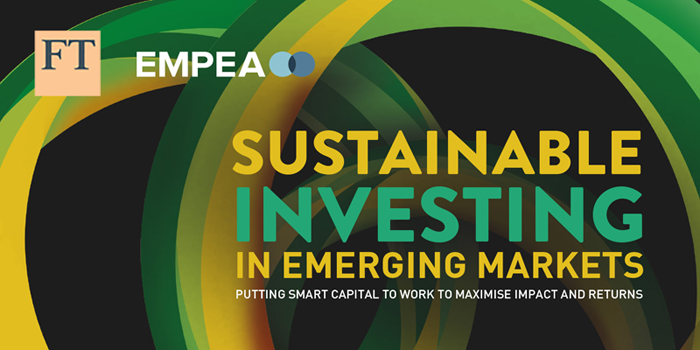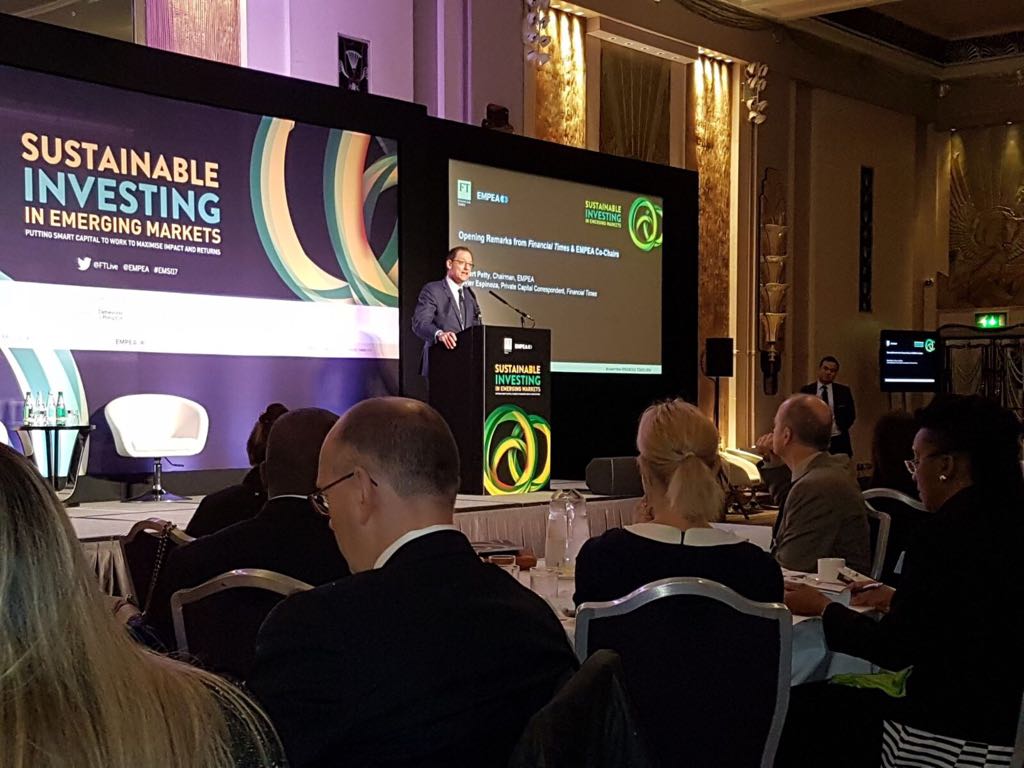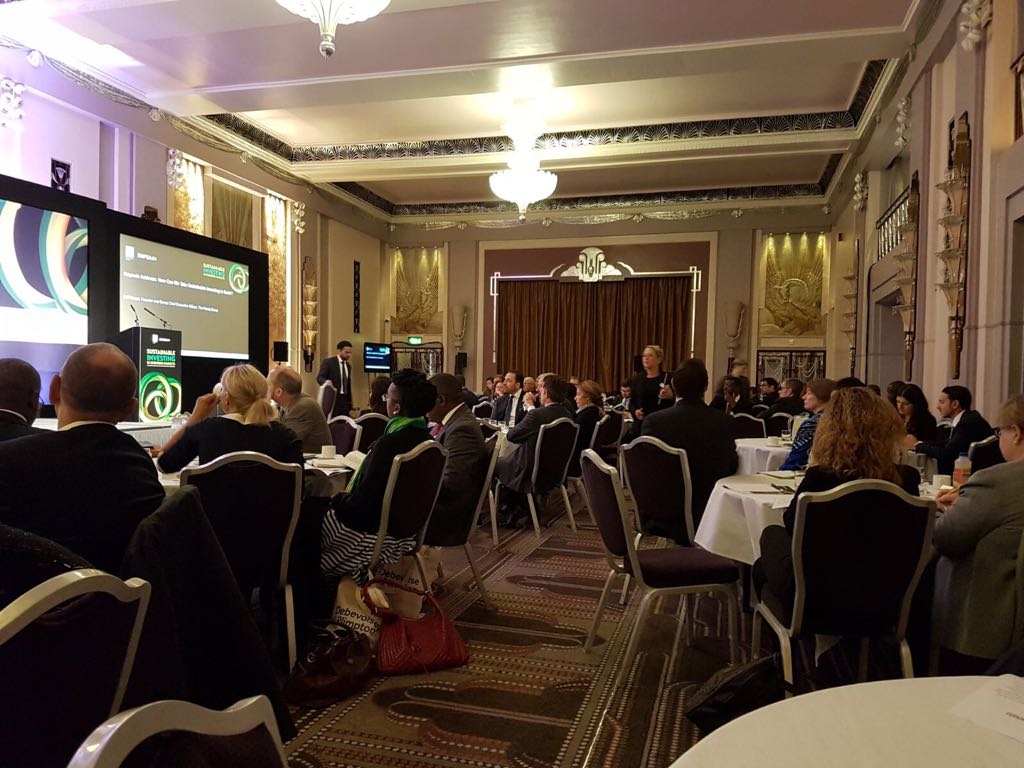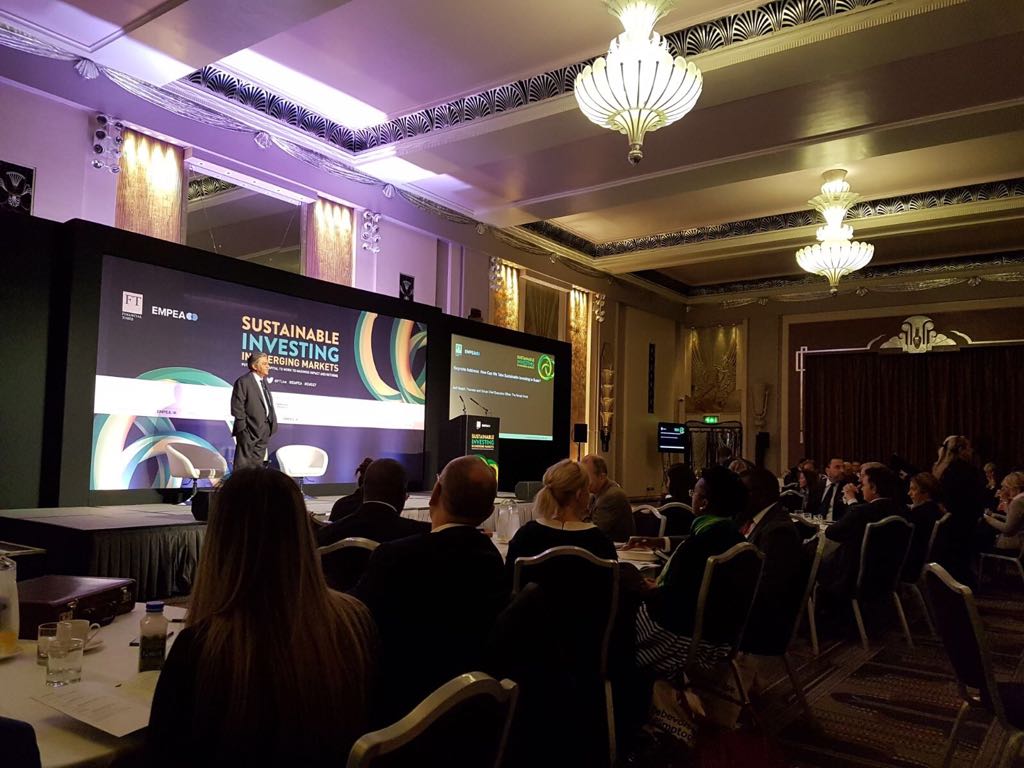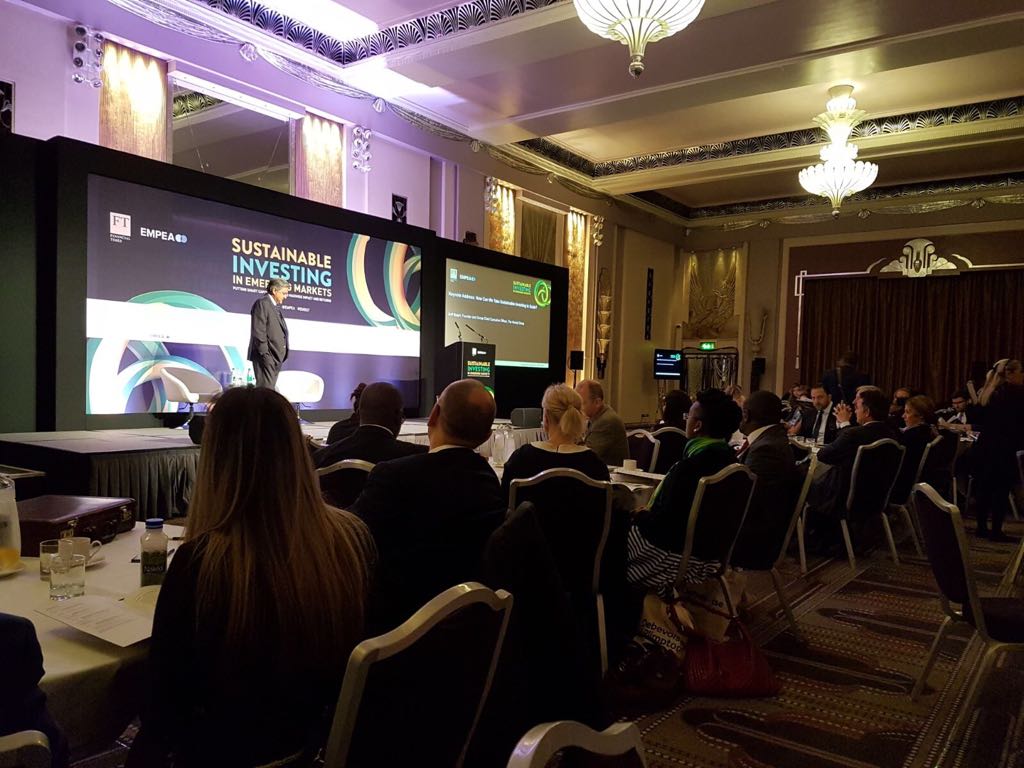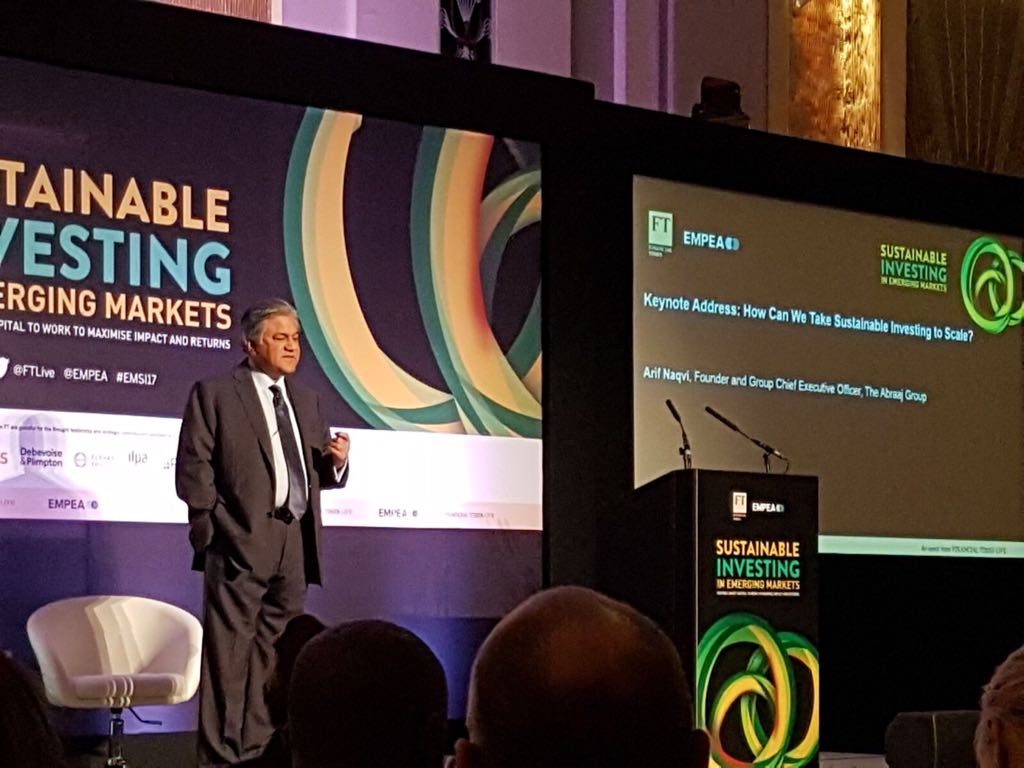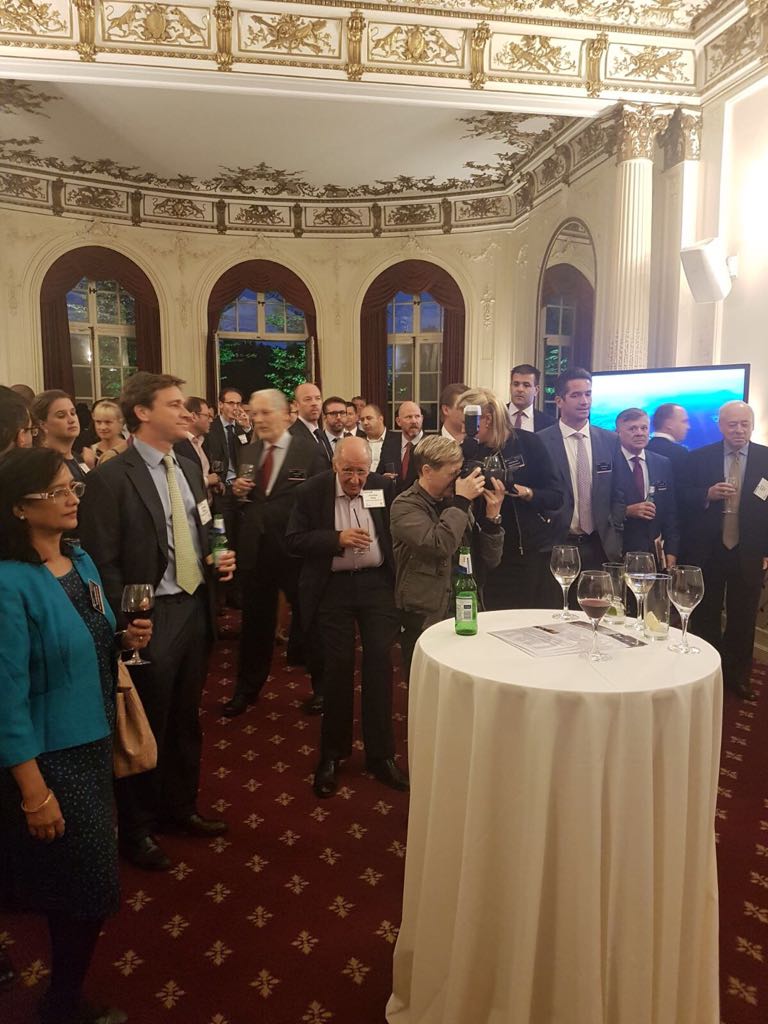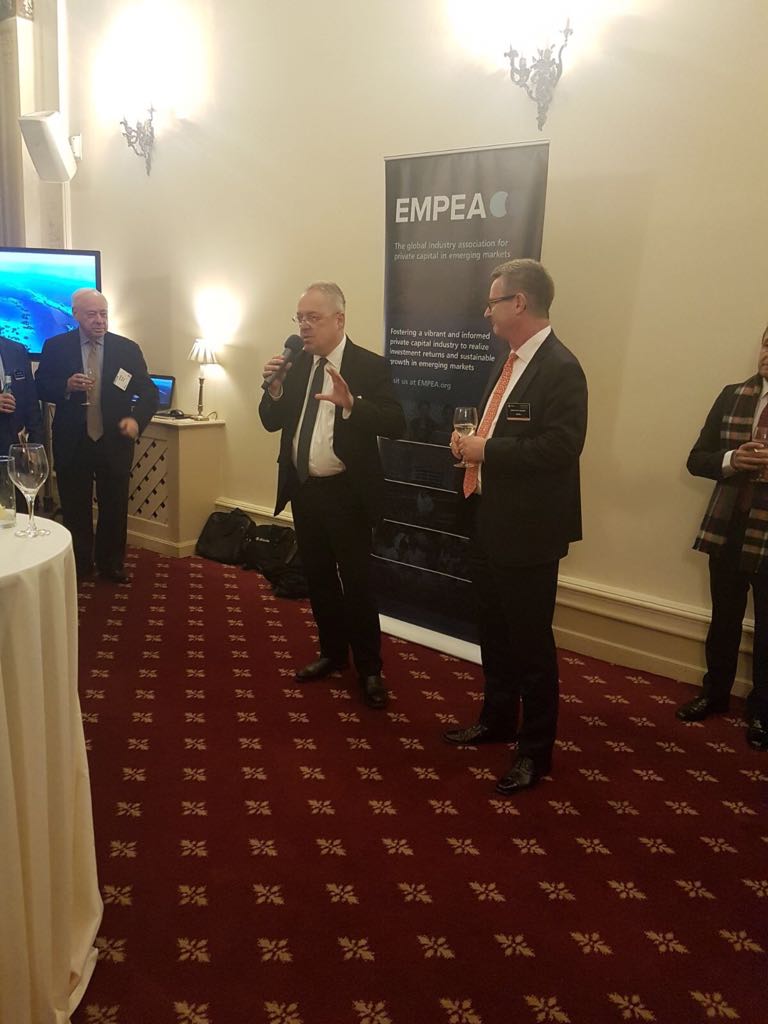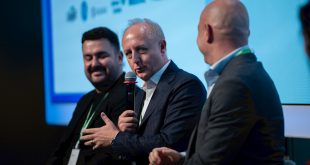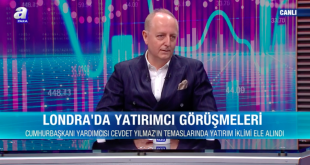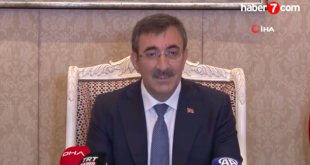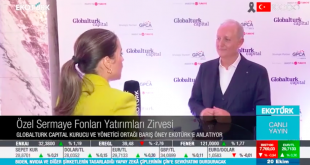Sustainable Investing in Emerging Markets event was hosted by FT & EMPEA in London on 17/10/2017. The attendees have joined the round table discussions and panels focusing on the investments in sectors such as agriculture, energy and education. The main highlights were as follows;
EMPEA LP Breakfast Meeting
- SDG (Sustainable Development Goals) is becoming very big. There are 17-20 standards for SDGs. Investments more and more are being required and made in line with the SDG philosophy.
- LPs are forcing GPs more to implement SDGs in their investments. The important question is no longer why to do it but actually how to do it in practice. Everyone now is convinced of SDG philosophy.
- Funds have past the stage of why and now discussing how which is good. This is actually good to increase profitability not just a philanthropic work.
- The issue is that there are lack of advisors, experts and guidelines on how to execute it. But it is developing and EMPEA could play a significant role in this process. Also there are still inconsistencies in measuring the impact of SDGs. This requires also ESG standards to follow and measure.
- There is another trend which is to support women entrepreneurs, which is believed to improve SDGs.
- This will be a continued topic in EMPEA as well. This is the second time EMPEA has made SDG a key concept to be discussed in their conferences.
Highlights of Arif Naqvi’s Keynote Address
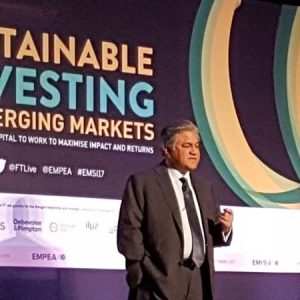 Arif Naqvi is the Founder and Group Chief Executive Officer, The Abraaj Group
Arif Naqvi is the Founder and Group Chief Executive Officer, The Abraaj Group
- We should not call emerging markets emerging anymore.
- Markets have already emerged. They should be called global growth markets.
- Within these markets, we can invest responsibly taking into effect ESG principles. And financial returns do not go down if we try to improve ESG principles but actually improve. This is very important.
- We have identified new sectors of focus. A few of them are health care, education, clean energy, food and housing.
- “Investing for impact” is a key topic for Abraaj. For that, Abraaj raised a billion dollar health care investing in Africa. The demand is too high.
- No company, government or multilateral institution alone can put together all the requirements of SDG. It is a multi-stake environment where all relevant parties need to work together for an impact.
- These needs can no longer be addressed with conventional manners like just carbon measurements. So we need catalytic interventions to improve things rapidly.
Aspirations for the private equity industry:
- We could impact the environment we operate. Markets we invest require a big give back from us.
- It is the millennial generation now. They are holding us accountable of what we do. Like they interview us when come to an interview with us.
- We need 2-3 trillion dollars a year to keep SDGs.
- Global financial system is not deploying capital efficiently. For example, 9 trillion dollars are sitting in negative debt instruments. How can this be?
- Also, since 2007 cross border capital flows have declined. This coincides with massive growth in emerging markets in the same period. So is this investing efficiently?
- Default rates in the US in project finance is 8.7% where in Africa it is actually 1.1%. So capital definitely needs to be well invested and unbiased.
- The ecosystem players should get together to create blended finance. Soft power with hard dollars.
- Better ESG practices bring better IRRs.
- We must all recognize that we cannot compete with each other but we should act as partners.
- Wealth management platforms are also coming into place. Millennials are driving this.
- Systemic risk has been coming not from emerging markets but from the west (i.e. Lehman Crises, Brexit)
Highlights of Dr. Matthew J. Burrows’s Keynote Address: Assessing Risk in Emerging Markets
Dr. Burrows is a Director in Atlantic Council’s Strategic Foresight Initiative and Author of The Future, Declassified: Mega Trends That Will Undo the World Unless We Take Action
- Big tectonic shifts are shaping the future.
- Aging population
- Youth bulges not utilized well
- Tech transition
- Geopolitical rivalry, war or peace. US vs China?
- The world is becoming more elderly and less youth by 2050.
- Productivity needs to grow but labour force is decreasing and it adversely affects productivity.
- Terrorism and refugees are increasing. One good news is aging brings stability. After 2035, Middle East will also move into more middle ages so it may bring stability to the region.
- Environmental refugees will still increase due to natural disasters like earthquakes and hurricanes. It will effect more the lower hemisphere where most emerging markets lie.
Scenarios for the future and their probabilities of happening:
- A reinvigorated west – 15%
- Breakdown into regional blocks – 45%
- New bipolar world (U.S. and China) – 30%
- New global concert – 10%
 Barış Öney
Barış Öney
